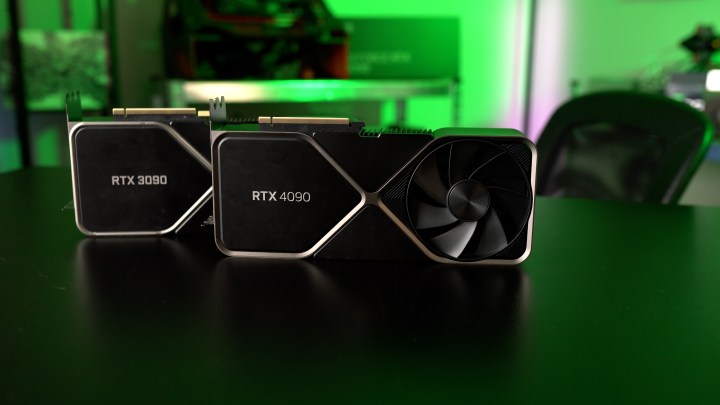If you own one of Nvidia’s best GPUs and you’ve noticed your PC performing worse than usual lately, the latest graphics driver may bear partial blame. That’s because there’s a bug with the current version of Nvidia drivers that increases CPU usage after exiting a game.
Nvidia has acknowledged the bug, and since, a fix has been released that fixed increased CPU usage with Nvidia GPUs.

Those who recently updated their Nvidia drivers may be in for a nasty surprise — the driver seems to have an impact on CPU usage. After you close a game, you may notice your computer being a little sluggish — this could stem from the latest bug. Users report that Nvidia Container keeps using up to 15% CPU power even after exiting the game. Under regular circumstances, it shouldn’t be claiming any CPU resources once the gaming session is over.
Checking whether you are affected is very simple. Run a game, then close it, and then open the Windows Task Manager by either pressing CTRL + ALT + Delete simultaneously or just typing Task Manager into the Windows search bar. Browse the list of processes until you spot Nvidia Container. If the process is generating CPU usage (usually between 10% and 15%), your PC is affected by the bug.
If you own one of the best processors, you may not notice much of a difference, but it’s still an unnecessary strain on your computer and power consumption. Fortunately, fixing the problem yourself is fairly easy. Seeing as it’s only been confirmed to occur in the latest drivers (version 531.18), you just need to roll back to the 528.49 WHQL driver. Download the older version directly from Nvidia and uninstall the latest driver. Alternatively, if you want to stick to this version of the driver, you just have to force Nvidia Container to shut down once you’ve finished gaming or even simply restart your PC.
Nvidia acknowledged the problem and marked it as an “open issue.” This means that a fix will come in a future update or as a hotfix before the next version of drivers comes out. There’s no telling when that will happen, so if you don’t want to deal with the bug, go back to the older driver and wait it out. It shouldn’t take too long for Nvidia to come up with a solution as this is a pretty major bug.
Editors' Recommendations
- Nvidia RTX 50-series graphics cards: news, release date, price, and more
- Nvidia DLSS is amazing, but only if you use it the right way
- AMD’s new CPUs let you play Cyberpunk without a graphics card
- Whatever you do, don’t buy an Nvidia GPU right now
- 5 ways Nvidia graphics cards still beat AMD





